… but it's also hilarious, so we'll allow it.
New Yorkers: if you hear voices, vote for the one named Zohranhttps://t.co/oJ1dt7PlxQ pic.twitter.com/iB5wHgrFkE
— The People's Cube (@ThePeoplesCube) June 29, 2025
By the way, I noticed that Twitter's "Grok" AI will now generate a "Profile Summary" for users. Here's what it figured out for me:
Paul Sand, a witty retiree with a knack for coding challenges and a libertarian streak, champions free speech and opti mism while poking fun at media missteps.
Punsalad's been playfully jabbing at politicians, pondering quantum cats, and riffing on pop culture with witty quips.
Pretty close, although two occurrences of "witty" might be over the top.
Also of note:
-
As a humanitarian gesture, allow evacuation first. But otherwise, I agree with Rich Lowry: Blow Up Washington, D.C.’s Brutalist Buildings — and the Sooner, the Better.
There’s a reason God created dynamite.
The brutalist federal buildings that have blighted Washington, D.C., for decades deserve the same fate as Carthage after the Third Punic War, and the nation’s capital is finally beginning to move on from these concrete monstrosities.
The Department of Housing and Urban and Development just announced that it is leaving its godawful headquarters in Washington for a less hideous space in Northern Virginia. HUD Secretary Scott Turner has described the structure as “the ugliest building in D.C.,” which is a dubious claim only because there are so many other buildings in Washington that compete for that distinction.
He’s not the first HUD secretary to hate the building. Jack Kemp called it “ten floors of basement.”
Meanwhile, the FBI is also departing its HQ, designated by the U.K. building materials retailer Buildworld as the ugliest building in the United States and the second ugliest in the world.
Concentrating on D.C., Rich doesn't mention Boston City Hall. Which made the news earlier this year:
Boston City Hall, known for its brutalist architecture, is now an official historic landmark despite once being named the fourth-ugliest building in the world.
Mayor Michelle Wu and the Boston Landmarks Commission announced the decision in a press release on Friday. They said the structure has civic and cultural significance.
Nobody asked me, but here's my opinion about BCH's "significance": it is a grotesque symbol of how far Boston, the onetime cradle of liberty, has driven down the road to serfdom.
-
It's the health of the state. David R. Henderson describes Why Libertarians Should Be Critical of War.
I'm sure that many of you are familiar with the libertarian-designed "World's Smallest Political Quiz." (It’s available on line at http://www.theadvocates.org/quizp/index.html.)
Let me ask you a question: How many questions does that quiz have on foreign policy? [Someone in the audience answered, correctly, "Zero."] We libertarians have honed our principles and applied them to literally hundreds of domestic policy issues. We've done a great job. The depth of our understanding of how to apply our principles to these issues and of the importance of peace in the domestic realm is truly something for us to be proud of. But we haven't given nearly the same care to examining foreign policy.
Even our language reflects the relatively primitive state of libertarian thinking about war and foreign policy. I don't know many libertarians who, in talking about the 1993 Clinton tax increase, say, "We raised taxes." They're much more likely to say, "Clinton and Congress raised taxes." In other words, they put the responsibility on the people who acted. But I frequently run into libertarians who will say, without the slightest hint of irony, "We bombed Nagasaki" or "We went to war with Iraq." In other words, they switch from the clear, clean language of individualism that they use in discussing domestic policy to the dark, obfuscatory language of collectivism in discussing foreign policy.
I'll admit that when it comes to foreign policy, I tend to let the "conservative" side of my psyche come to the fore. But David (of course) makes a powerful argument as to why I shouldn't do that.
But I don't think I could ever be a "Blame America first" type. And I'd worry that if the US went full-peacenik, we'd find ourselves being bullied and intimidated by other countries without such compunctions.
-
I was almost prepared to dislike this article. But Kevin Frazier won me over with his carefully-described worries: The coming techlash could kill AI innovation before it helps anyone.
The residents of New Braunfels, Texas, didn't volunteer to help accelerate AI development. Their once quiet corner of the state now buzzes with construction crews building power plants to sustain data centers—industrial warehouses that could soon consume as much electricity as entire cities to power state-of-the-art AI models. Meanwhile, thousands of miles away in Irvine, California, scores of video game developers laid off by Activision Blizzard back in 2024 may still be still looking for their next gig as the entire industry sees AI take over more and more tasks leading to thousands of total jobs being cut.
These aren't isolated incidents. They represent a small sample of an emerging public techlash that could derail AI development before the technology delivers on its most significant promises to revolutionize everything from education to health care.
Kevin notes that similar anti-tech sentiments in the past set back civilian nuclear power and stoked unwarranted fears of genetic engineering. Arguably, we're worse off today due to that.
-
I'm not sure a "race" is the appropriate metaphor here, but… I appreciate the libertarian sentiment when Stephen Moore says that For America to Win the AI Race, Keep Government's Hands Off.
At the birth of the internet age in the early 1990s, the U.S. and Europe took opposite approaches to advancing this new economy-changing technology.
Europe tried the approach of industrial policy: They allowed government to regulate, subsidize and then tax the swarm of new tech companies that emerged.
Here in the U.S., Congress and the Clinton administration made a wiser choice. We passed laws that kept internet startups regulation-, tax- and lawsuit-free. It was the Wild West of startup technology companies. A Darwinian race to excellence and survival. Some of the big initial companies like AOL, Netscape and MySpace gave way to superior competitors like Google, Microsoft, Apple, Amazon and Facebook.
We all know the end of this story. For three decades America and Silicon Valley came to entirely dominate these earliest innings of the digital age. Today we have our Magnificent Seven tech companies -- many with a market cap above $1 trillion -- that are, combined, worth more than every company in Europe combined.
I'm convinced by my usual argument: there's nothing wrong with AI that government regulation and central planning can't make much, much worse.

![[3.5 stars]](/ps/images/35stars.gif)
![[IMDB Link]](https://ia.media-imdb.com/images/G/01/imdb/plugins/rating/images/imdb_46x22.png)
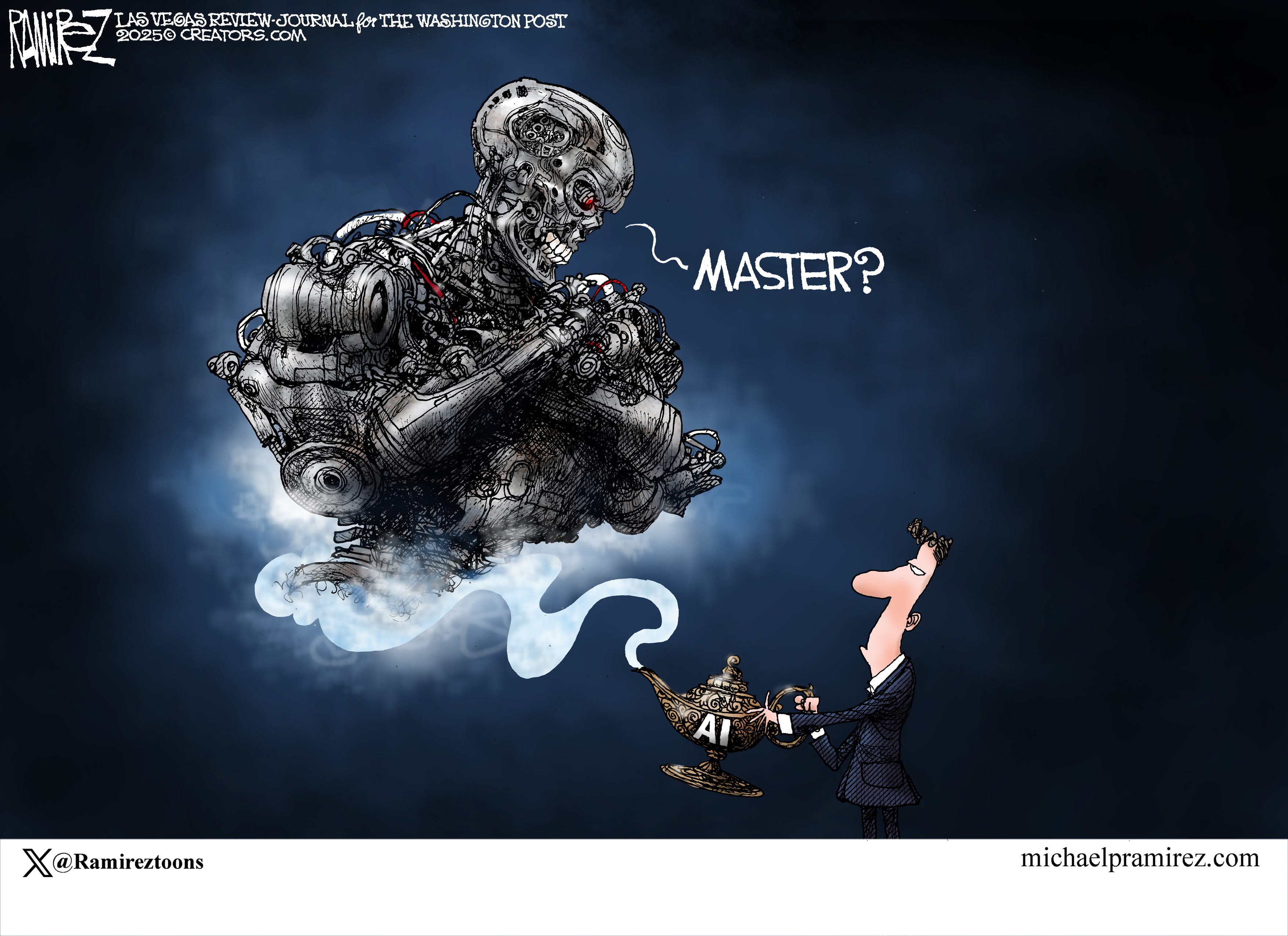
![[Amazon Link]](/ps/asin_imgs/1596986492.jpg)
![[Amazon Link]](/ps/asin_imgs/1930865856.jpg)
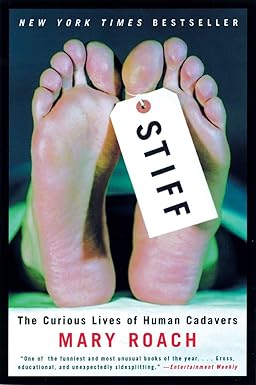
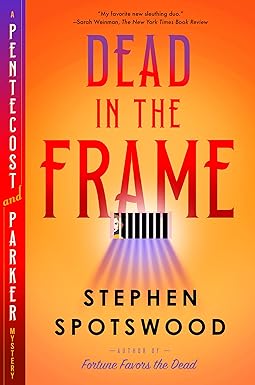
![[Hipsters]](https://imgs.xkcd.com/comics/hipsters.png)
![[Amazon Link]](/ps/asin_imgs/B007AIXLDI.jpg)
![[Amazon Link]](/ps/asin_imgs/B07R5BNH3Z.jpg)


![[4 stars]](/ps/images/40stars.gif)


![[Amazon Link]](/ps/asin_imgs/B0DNJFKLHS.jpg)
![[Exoplanet System]](https://imgs.xkcd.com/comics/exoplanet_system.png)
![[Amazon Link]](/ps/asin_imgs/0226832937.jpg)

![[Amazon Link]](/ps/asin_imgs/019938892X.jpg)

![[0.5 stars]](/ps/images/05stars.gif)
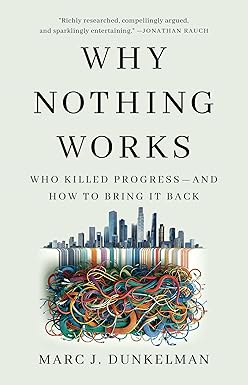
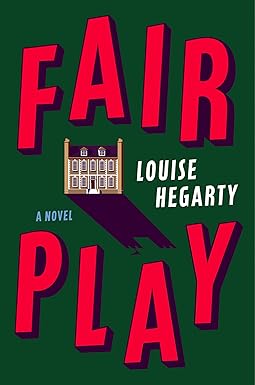
![[Amazon Link]](/ps/asin_imgs/0374610223.jpg)
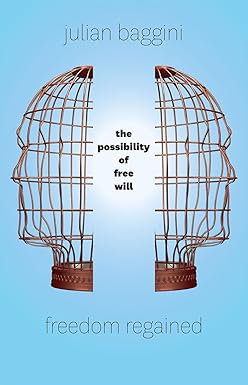

![[Amazon Link]](/ps/asin_imgs/1541604555.jpg)




![[2.5 stars]](/ps/images/25stars.gif)

![[The Blogger]](/ps/images/barred.jpg)



